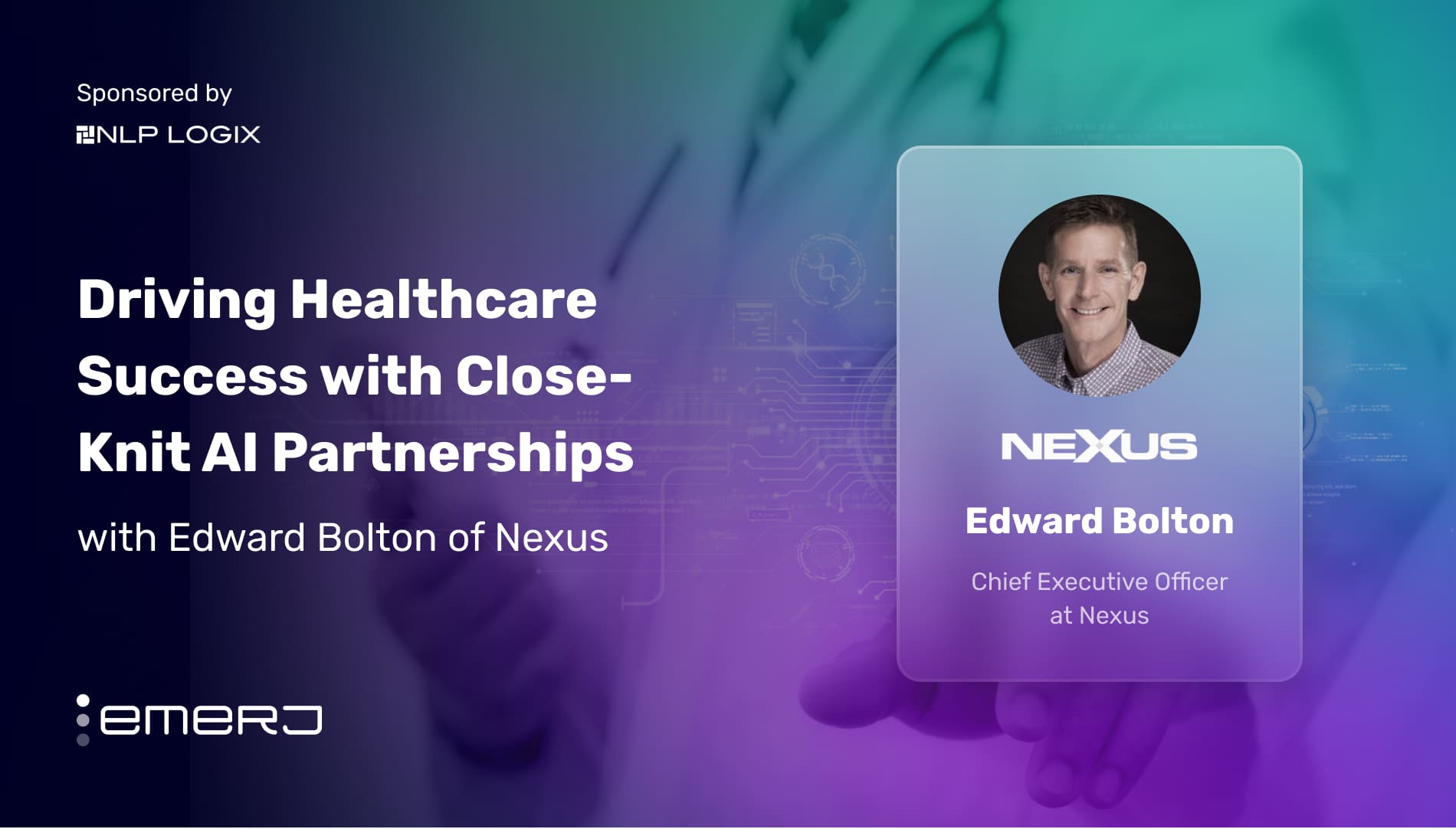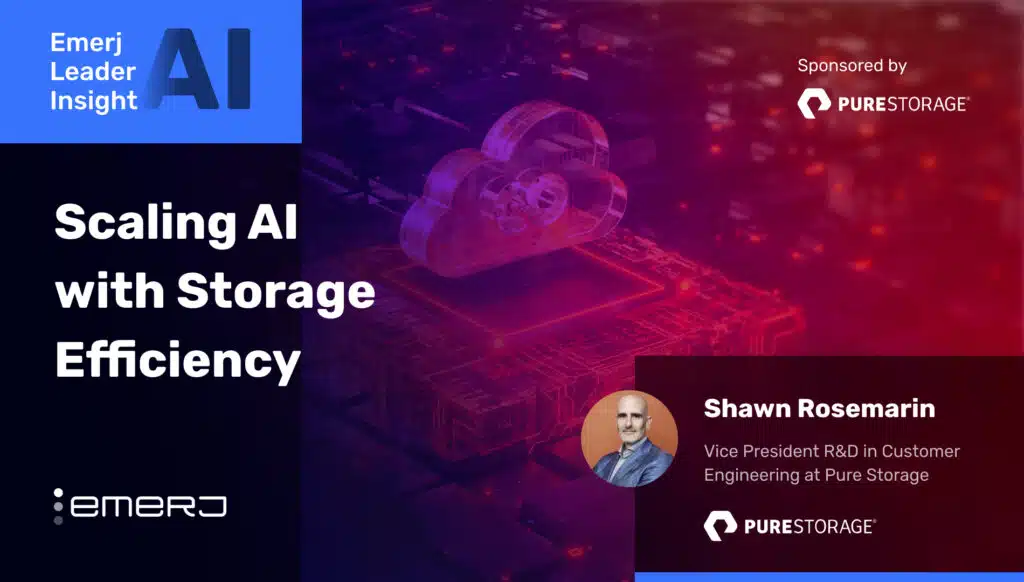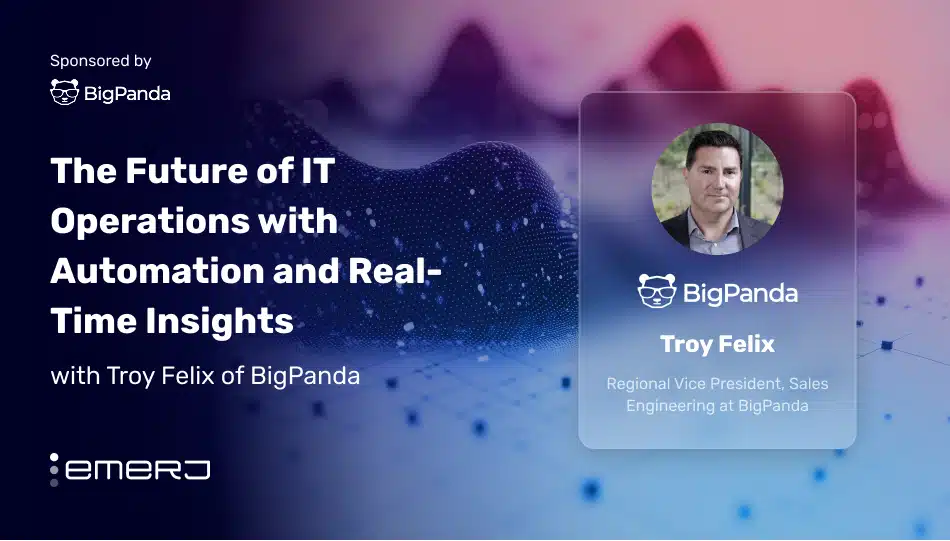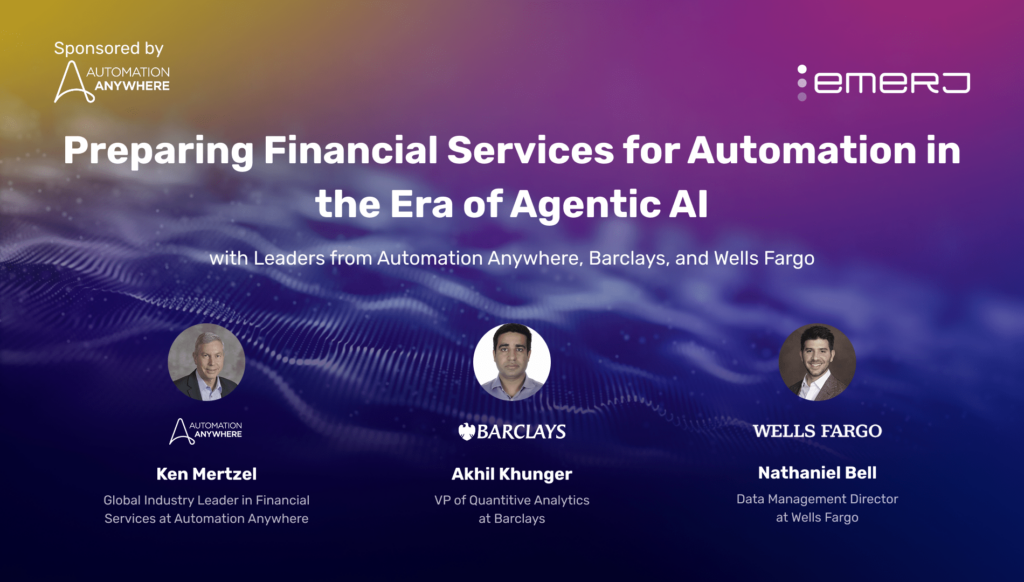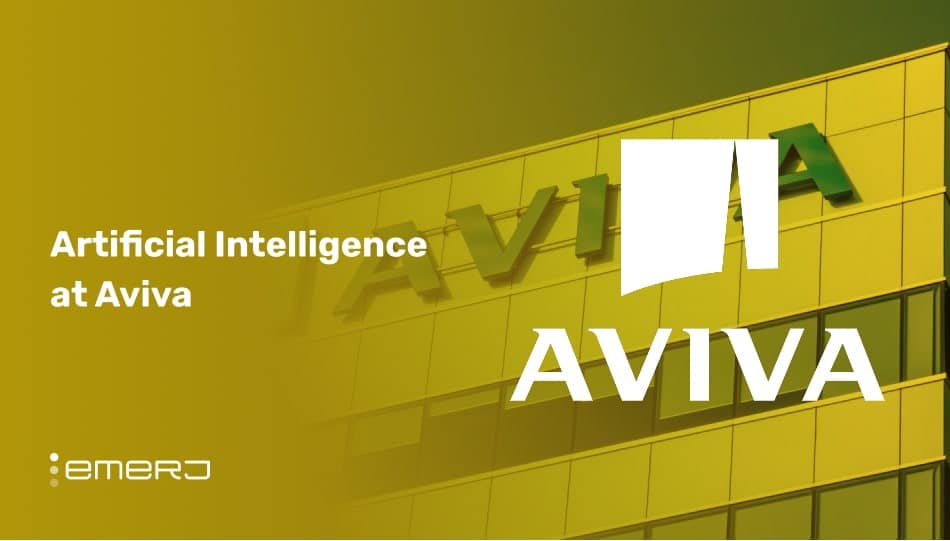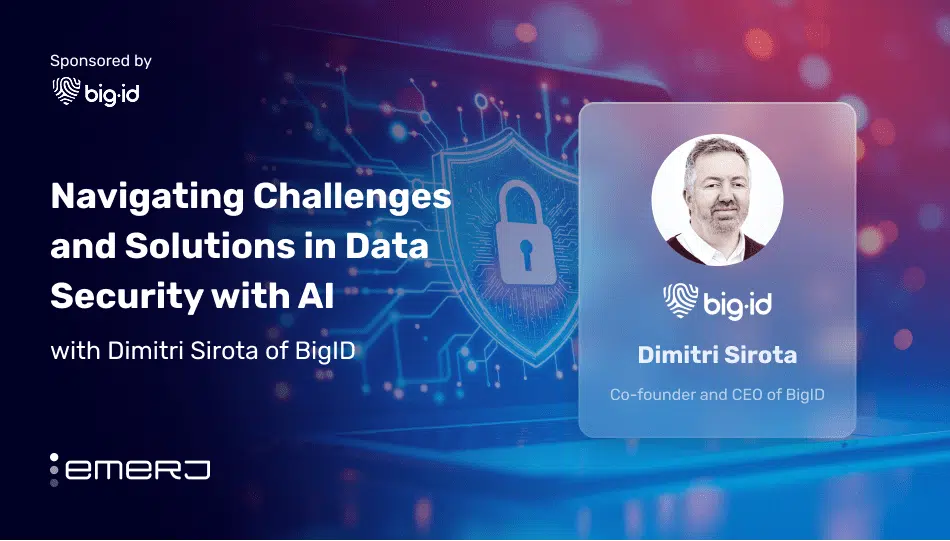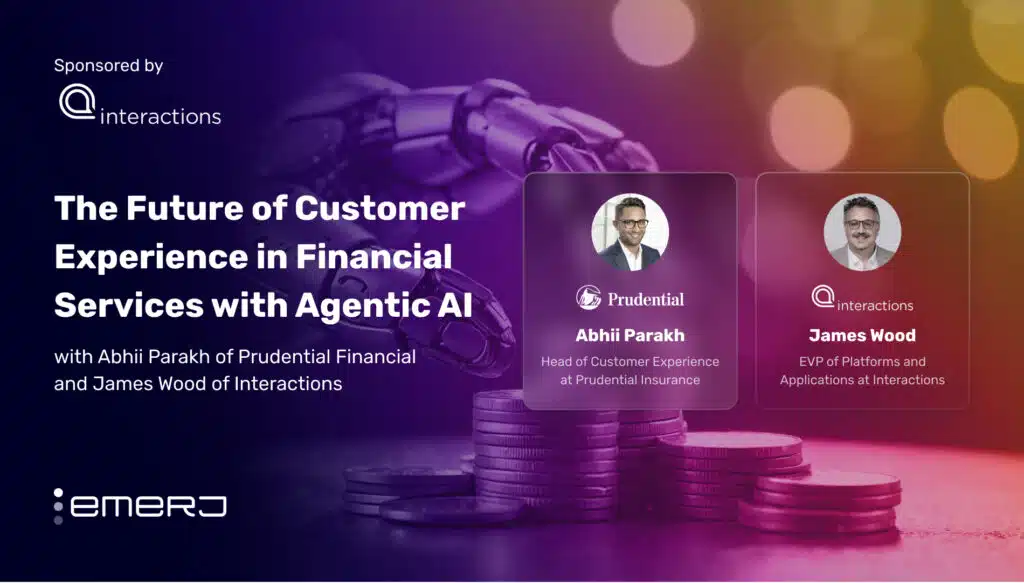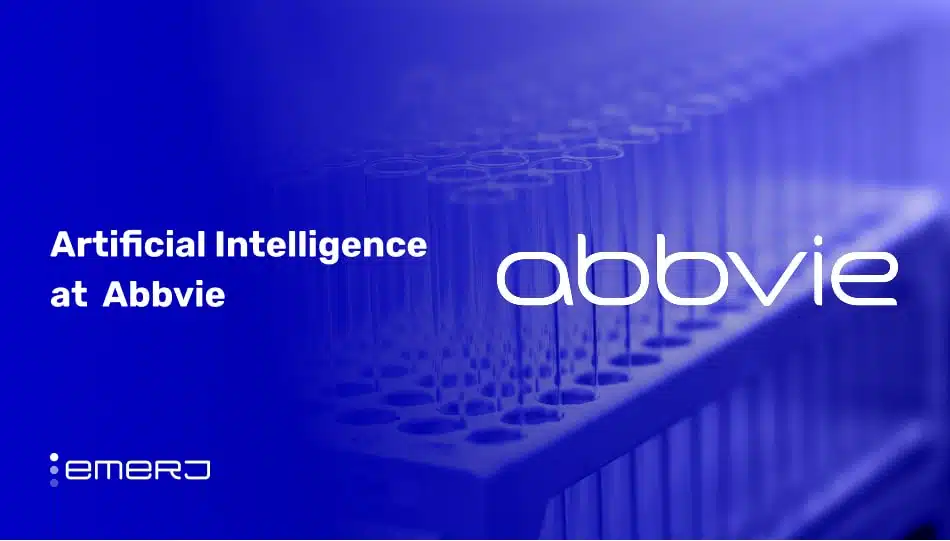The “buy versus build” debate is central to digital transformation, particularly in AI adoption, and hinges on an organization’s unique goals and industry context.
Shifts in technology, driven by advancements in cloud computing, market consolidation, and integration, are reshaping this decision-making process. Research from Deloitte and nCino highlights how cloud-based solutions like SaaS, PaaS, and IaaS offer scalable, cost-effective alternatives, reducing the need for in-house development.
Gartner’s report cited in Deloitte’s white paper predicts that by 2024, over 45% of IT spending on infrastructure, software, and outsourcing will shift to cloud solutions. Updated projections from 2022 suggest this figure will surpass 50% by 2025, showing an acceleration in adoption. These rapid shifts add complexity, particularly in regulated sectors like healthcare.
For instance, Penn Medicine leaders Kevin Mahoney and Raina Merchant detailed in a case report how they developed custom tools, such as COVID Watch and the Virtual Results Clinic, to enhance patient outcomes and align with existing systems. While 90% of Penn Medicine’s technology is externally sourced, their experience underscores that custom solutions can be the optimal choice for improving operational efficiency and achieving specific goals.
However, not all AI-healthcare partnerships are created equal. To help build AI-driven products for such a highly regulated industry, often a one-size-fits-all approach leaves healthcare partners, in particular, at a distinct disadvantage for driving initiatives that cannot afford to fail, lest they get left behind in an industry experiencing widespread digital disruption.
Emerj Senior Editor Matthew DeMello recently spoke with Edward Bolton, CEO and president of Nexus, a leader in independent clinical review and utilization management based in Texas.
Bolton spoke at length about the ongoing and evolving value of his organization’s partnership with NLP Logix, a fast-growing AI services firm based in Florida. The company has invested in natural language processing (NLP) technologies for over a decade, positioning itself at the forefront of AI adoption for advanced text-based generative enterprise capabilities.
Throughout, Edward emphasizes that NLP’s more intimate, “product mindset” approach to partnerships with their clients was the difference between the success they were able to achieve together and the failure Nexus had experienced with “out-of-the-box” solutions they experimented with previously.
In the analysis of their conversation, we bring out the below two key insights:
- Leverage trusted partnerships for faster, compliant innovation: Accelerating development and ensuring compliance by pivoting to a trusted, innovative partner with specialized expertise, especially when facing regulatory challenges and slow progress with existing solutions.
- Build industry-aligned partnerships for transformative AI integration: Focus on developing a partnership with a team that deeply understands your industry and aligns with your company’s goals when integrating new technologies, which can lead to transformative solutions and long-term success.
Guest: Edward Bolton, CEO & President, Nexus
Expertise: Clinical Trials, Healthcare Data, Utilization Management
Brief Recognition: Edward Bolton has served as the Chief Executive Officer and President of Nexus since 2009. Prior to this role, he had a distinguished career as a medical officer in the US Army, achieving the rank of Major before retiring in September 2011. He holds both a Master’s Degree and a Bachelor’s Degree from the University of Nebraska Medical Center.
Leverage Trusted Partnerships for Faster, Compliant Innovation
Edward opens the conversation by explaining the challenges his team encountered while developing software for optimizing clinical review and utilization management that they intended to lease to potential clients in a Saas model.
Nexus engaged a company in Arizona to customize an “out-of-the-box” model to drive the company’s initial software product. However, after 18 months of collaboration, they became dissatisfied with the progress and decided to shift strategies.
After the decision to pull the plug on their first partnership, Nexus purchased the codebase of the software they had been using, intending to transfer it to NLP Logix for further development. He trusted NLP Logix’s capabilities based on a previous internal project they had completed together, which focused on a federal aspect of Nexus’s operations.
Despite the significant hurdles, Edward was confident that NLP Logix’s expertise, particularly their success with smaller codebases, was precisely what they needed to address the challenges and move forward successfully. The decision emphasizes how typical “one-size-fits-all” approaches hardly live up to their name, depending on the business challenges facing different sectors and enterprises:
“The big thing is, we’re in a niche industry. So if you draw a triangle, at the top of the triangle, you have the patient; at another angle, you have the provider; at another angle, you have the payer. We sit in the middle of that chaos, and we are defined by the regulatory and statutory issues that affect both healthcare and health insurance. We have always taken a cautionary approach to what can and cannot be done with respect to AI or machine learning because we are duly regulated.”
-Edward Bolton, CEO & President of Nexus
However, with recent technological advancements and the growing establishment of rules and regulations for AI and machine learning at the state level, Edward sees a more straightforward path forward. These developments allow his company to navigate legal risks and liabilities better while also exploring the potential for scalability.
He believes this gives his company a competitive edge, as many of its competitors still need to consider the use of AI and machine learning. Instead, these competitors, according to Edward, rely on out-of-the-box solutions or hope that tools like OpenAI will address their needs without significant investment in the details of their business, leaving them behind in terms of technological innovation.
Build Industry-Aligned Partnerships for Transformative AI Integration
Edward describes an internal project that his team handed over to NLP Logix earlier in the year, around February or March. The key factor in evaluating their partnership with NLP Logix was not cost or other metrics but the approach NLP Logix took to the project. They focused on how seriously NLP Logix treated the project and their methodology.
Through this experience, Edward learned that NLP Logix has a proven technique that works across various industries. When they take on a project, they immerse themselves fully and become experts in the client’s business and industry. NLP Logix adopts a mindset where they essentially work as an internal part of the team, understanding the company’s goals and culture.
Exemplary of this methodology is what NLP Logix describes as a “product mindset” approach that prioritizes solving specific business problems with AI over adopting technology for its novelty or sophistication. By focusing on outcomes tied to strategic objectives, this methodology ensures investments in AI yield practical, value-driven results. Key principles include:
Aligning Technology with Business Needs
- Begin with the problem: Any AI investment must address a well-defined industry or organizational challenge.
- Evaluate alignment: Assess whether the solution integrates with the company’s strategic objectives or is merely a “nice-to-have” feature.
Evaluating Economic Viability
- Define objectives: Prioritize projects based on their potential to reduce costs, drive revenue, or align with strategic goals.
- Avoid “solutionism”: Steer clear of adopting AI for the sake of innovation without clear ROI.
- Consider readiness: Factor in change management, ongoing monitoring costs, and long-term adaptability before committing resources.
Leveraging Data for Informed Decisions
- Utilize data early: Analyze organizational challenges and simulate outcomes during the evaluation phase.
- Monitor continuously: Post-implementation data analysis ensures solutions adapt effectively to real-world needs.
- Maintain agility: Use insights to refine models, improve customer interactions, and stay aligned with evolving business priorities.
From the inside, Ed emphasizes that acclimating his team to adopting a “product mindset” meant honoring NLP Logix’s intentions to become deeply integrated into Nexus’s business operations and goals.
In stark contrast to Nexus’s first partnership on the project, remaining open-minded to a more granular and intimate approach to product development allowed NLP Logix to fully understand what system outputs would equal a “win” for the Nexus team:
“We learned that they have a tried and true technique that allows players from any industry to approach them with a project. To drive success, NLP Logix took the time to literally become experts at what we do from a teaming aspect. They take fundamentally an internal, pro-peer mindset with their partners and say, ‘Okay, if I am inside of this company, I’m going take the time to understand this is how the team at Nexus knows it should be done because this is exactly what they described.'”
– Edward Bolton, CEO & President of Nexus
The difference in results emphasizes the dangers of “out-of-the-box” solutions for highly regulated industries like healthcare and why partnerships with AI vendors in these spaces must be close-knit, thorough, and deliberate in order to succeed. Despite factors like cost and initial engagement, the speed and quality of what NLP Logix could accomplish in a short time made Ed and his team at Nexus rethink the potential of the partnership.
Ed points out that sectors like Medicare Advantage, Medicaid, commercial health, and workers’ compensation could all benefit from the transformative capabilities of what they are developing with NLP Logix. These benefits indicate that the work they are doing has the potential to bring major improvements to these industries, though they are still in the early stages of development.
Edward is still determining where the future of the Nexus-NLP Logix partnership will lead, but he is confident that it will be around for some time, thanks to the value and progress they are experiencing today.


